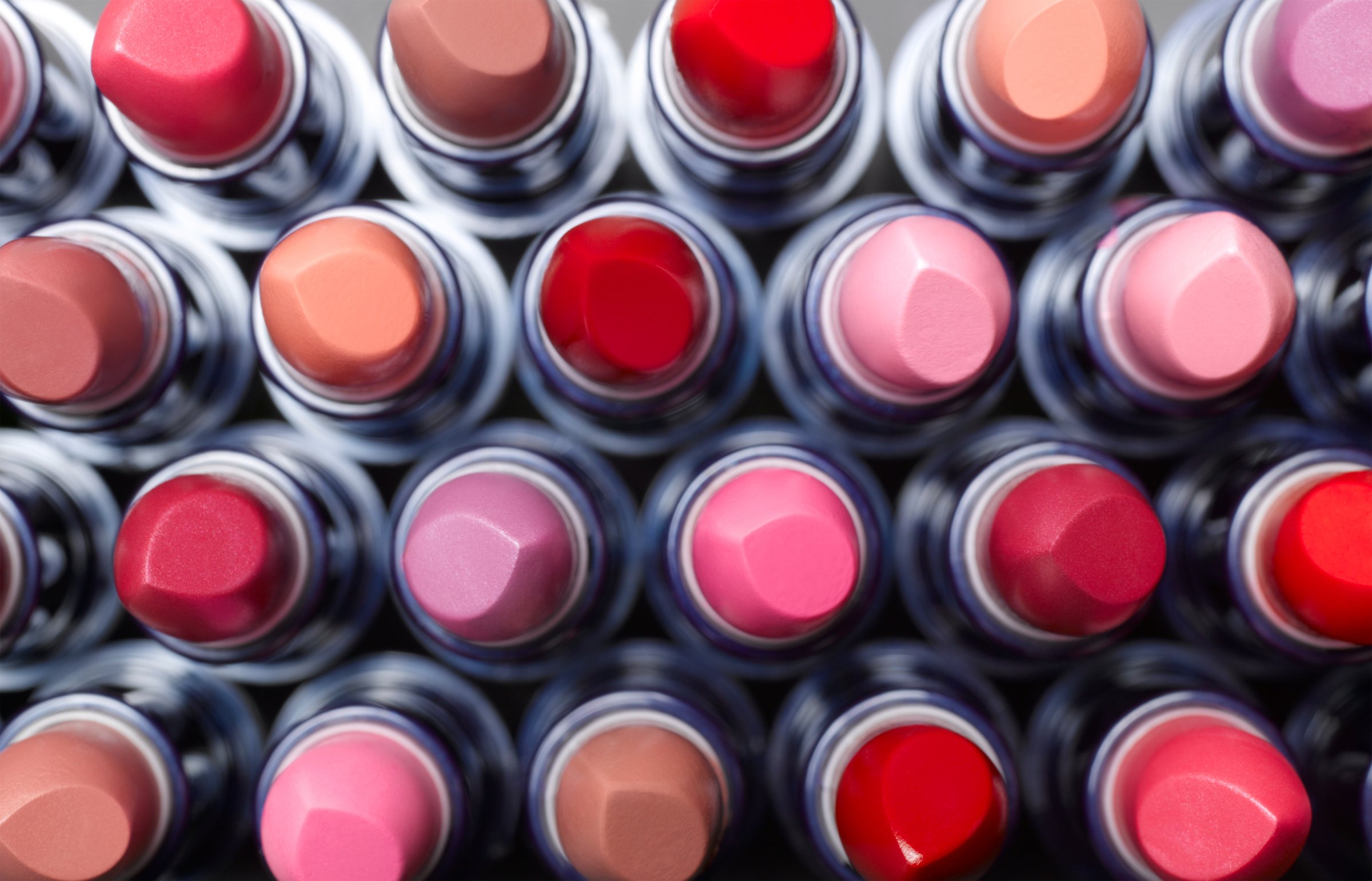
Only 18% of all claims made in commercials for cosmetics are generally trustworthy, according to new research released Monday.
Cosmetics firms often use advertising verbiage like “clinically proven” or “inspired by groundbreaking DNA research.” But researchers combed through these claims and found that the majority were vague and many are outright lies, according to a new study published in the Journal of Global Fashion Marketing.
The researchers assessed 289 cosmetic ads, including ads for products like make-up, skincare and fragrance, featured in magazines like Vogue and Marie Claire. They then separated the various claims into different categories, including environmental claims, endorsement claims and scientific claims. The researchers rated them as “acceptable,” “vague,” “omission” or “outright lie.”
The study authors conclude that claims of “well-being and happiness” are usually not substantiated. “Those who back the claims with scientific evidence and consumer testing often use questionable methodologies for their substantiation,” the authors wrote.
More Must-Reads from TIME
- Nicola Coughlan Bet on Herself—And Won
- What Kind of President Would Kamala Harris Be?
- Is Adrenal Fatigue Real?
- Why It's So Hard to Quit Vaping
- Our Guide to Voting in the 2024 Election
- The 10 Races That Will Determine Control of the Senate
- Column: How My Shame Became My Strength
- Meet TIME's Newest Class of Next Generation Leaders
Contact us at letters@time.com